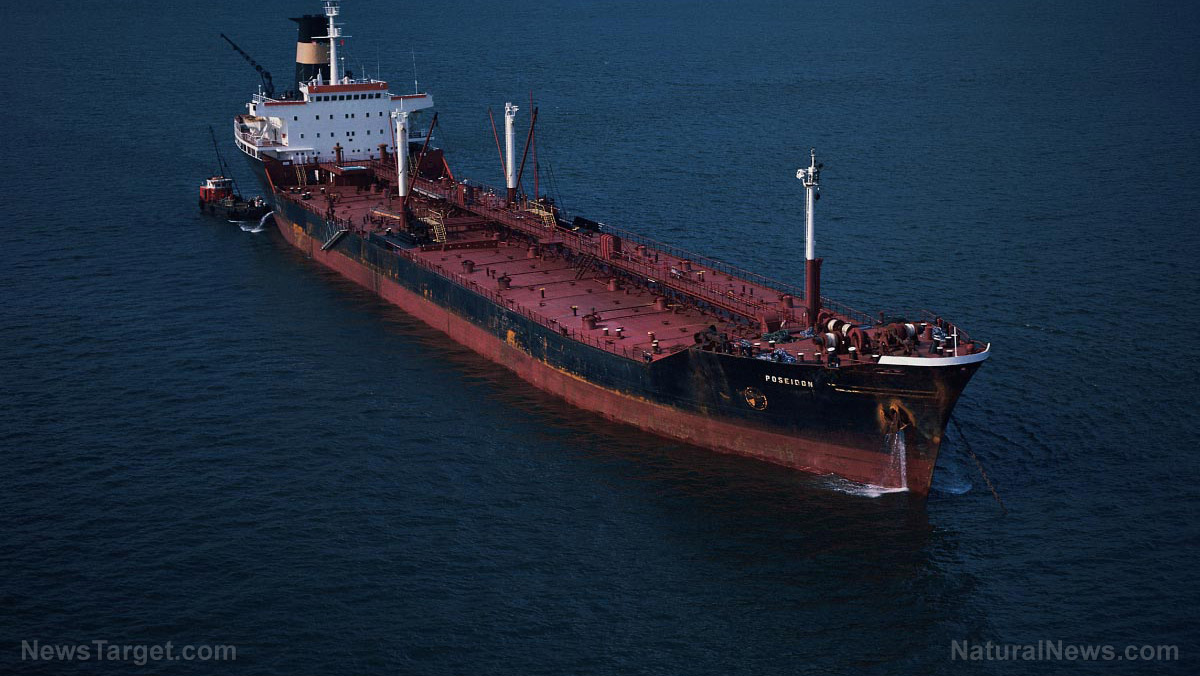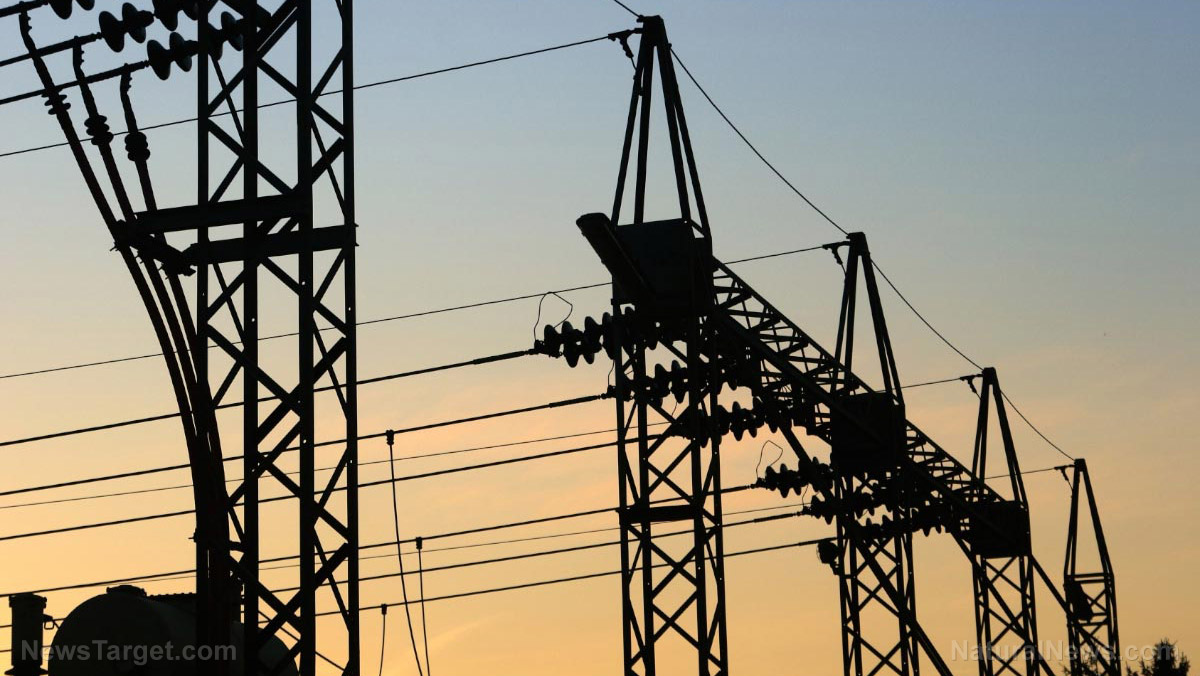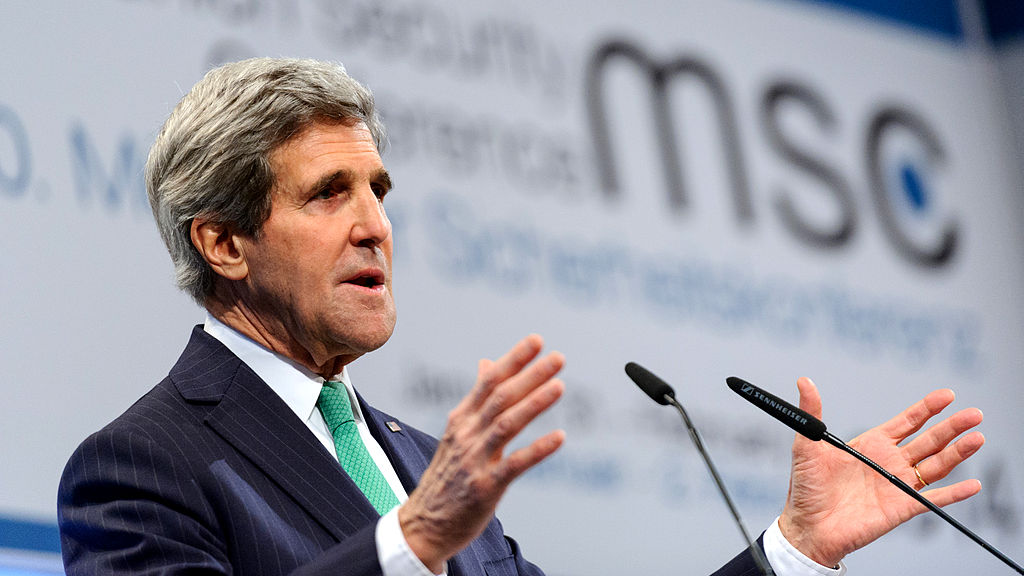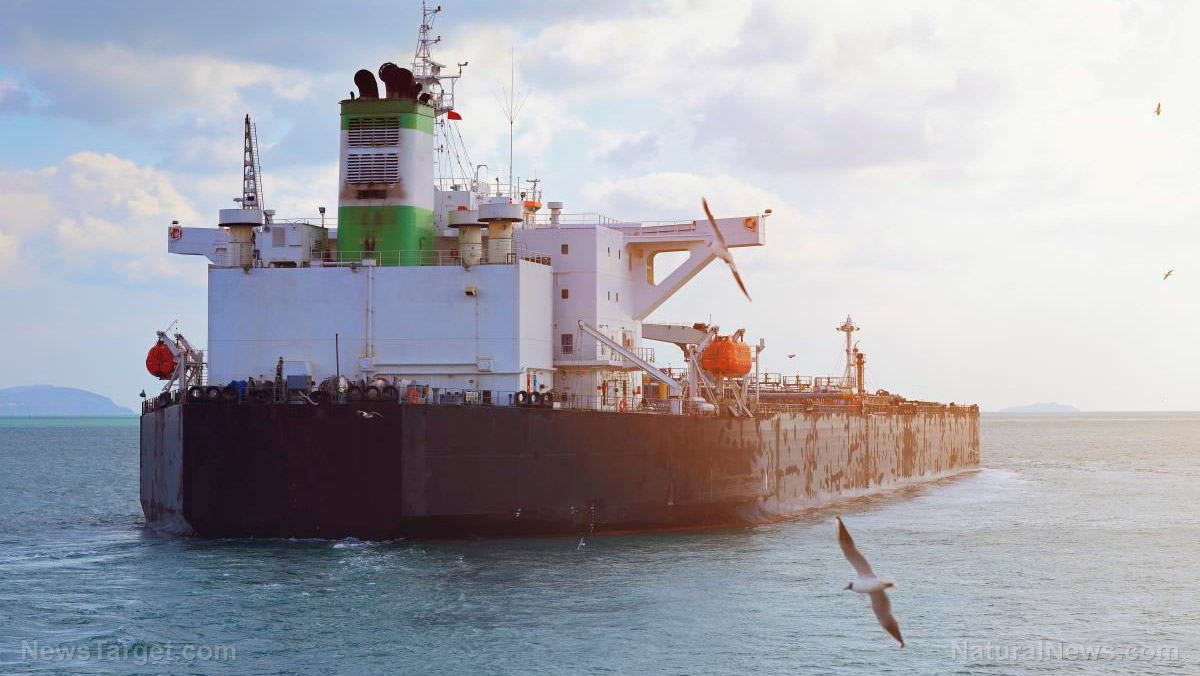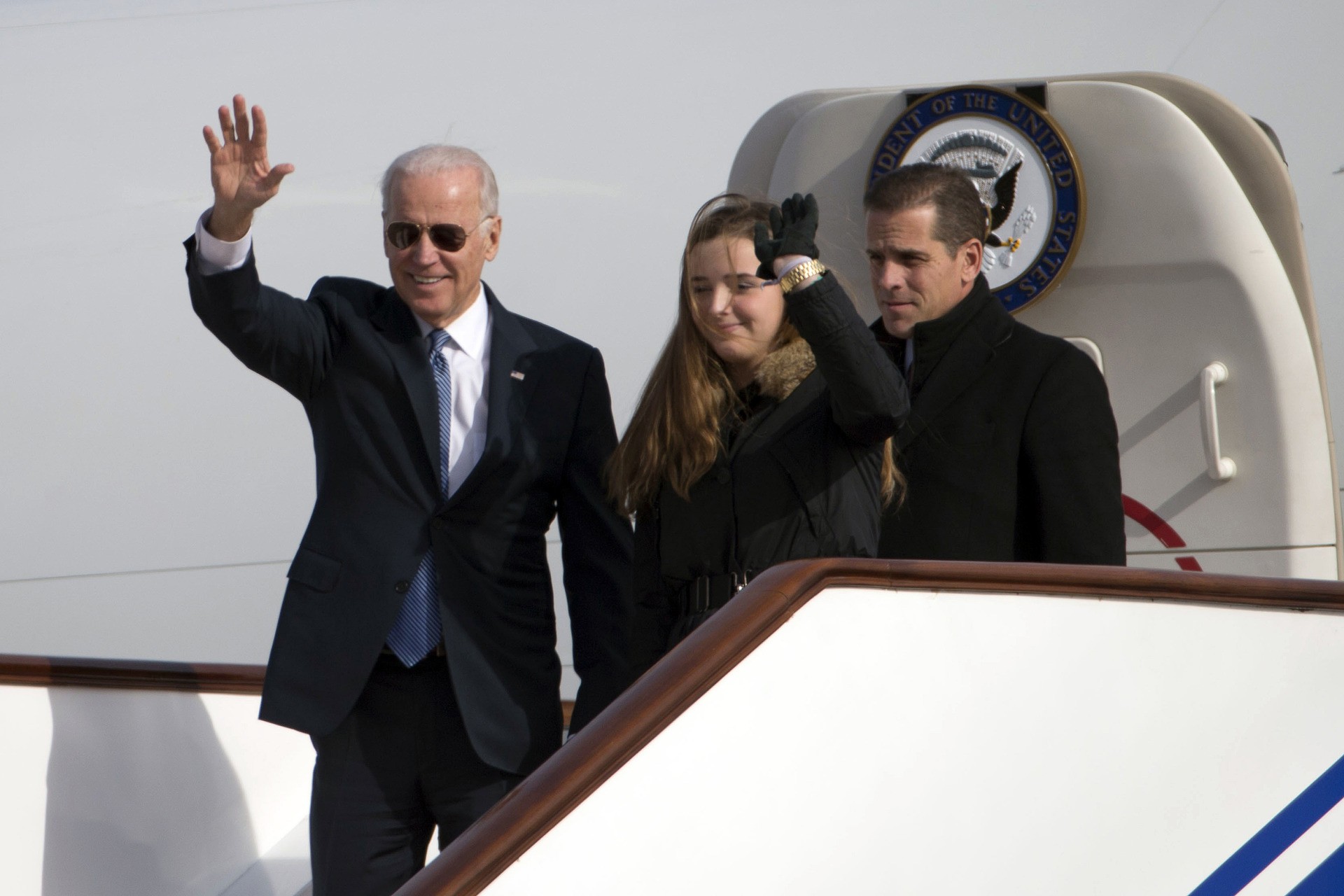Putin bans diesel and gasoline exports, sending distillate fuel oil prices skyrocketing
09/24/2023 / By Belle Carter

Russia temporarily banned exports of diesel and gasoline to help stabilize its domestic supplies, driving diesel crack to its record highs and adding pressure on already tight global fuel markets.
“Temporary restrictions will help saturate the fuel market, which in turn will reduce prices for consumers” in Russia, the government’s press office said on its website. The “temporary” ban came into force on Sept. 21, according to the government decree signed by Russian Prime Minister Mikhail Mishustin. The ban included all types of diesel, including summer, winter, and Arctic blends, as well as heavy distillates including gasoils. It also made exemptions for minor supplies, including deliveries to some trade alliance partners as well as humanitarian aid and transit.
Bloomberg reported that Russia was the world’s single biggest seaborne exporter of diesel-type fuel so far this year. The Eurasian country is narrowly ahead of the United States, according to Vortexa data compiled by the news outlet. Russia shipped more than a million barrels a day from January to mid-September, with Turkey, Brazil, and Saudi Arabia being among the main destinations. Last year, the nation’s seaborne exports of diesel-type fuel were about 0.95 million barrels a day, as per the information and analytics platform. That was about 3.4 percent of total global demand.
Tyler Durden of independent news outlet ZeroHedge called the ban “President Vladimir Putin’s gift to the Exxons of the world and a spat in the face of the President of the European Central Bank (ECB) Christine Lagarde,” like saying that ECB will have to do more rate hikes.
Putin decided the ECB needs a few more rate hikes pic.twitter.com/J1XJicVrGZ
— zerohedge (@zerohedge) September 21, 2023
Durden wrote that prices in Europe jumped at the threat the measure would aggravate already dwindling global supplies. “The world’s oil refiners are struggling to produce enough of the fuel amid curbed crude supplies from Russia and Saudi Arabia. Of course, this means that refiners are going to push prices sharply higher and – in the parlance of Joe Biden’s handlers – will print money again,” he added.
“Despite this being only a temporary ban, the impact is significant as Russia remains a key diesel exporter to global markets,” Alan Gelder, vice president of refining, chemicals, and oil markets at consultancy Wood Mackenzie Ltd., stated matter-of-factly. “The global refining system will struggle to replace those lost Russian volumes at a time when global diesel inventories are already at low levels.”
Moreover, Eugene Lindell, head of refined products at consultancy FGE said that this ban is “a super big deal.” But for him, Russia won’t be able to keep up a diesel export ban for long, because they’ll soon run out of tank space.
In northwest Europe, the premium of benchmark diesel futures to crude oil, otherwise called the ICE Gasoil crack, had an upsurge at more than $37 a barrel at a pace of the highest level for 2023.
Meanwhile, diesel futures for delivery in October also grew more expensive relative to barrels for arrival the following month, with backwardation surpassing $35 per ton. Brent has also spiked, reversing almost all of yesterday’s losses. In effect, what Russia is doing by halting exports of products, is exporting higher prices to Europe. (Related: Russian petroleum exports SURGE despite increase in domestic demand.)
Fuel inflation is still a top talking point in anticipation of Russia’s 2024 elections
Reports said that Putin and his administration have spent weeks in talks with oil producers to decide on measures to rein in rising fuel prices. As per the people familiar with the matter, officials and companies have agreed on how to act in the future, but discussions and wrangling continued since last week.
Observers and critics pointed out that the surging car-fuel prices have been one the biggest contributors to inflation, which continues to be a potential political headache as the Kremlin prepares for the presidential election in March 2024.
“Retail gasoline and diesel prices in Russia have climbed 9.4 percent from the start of the year to Sept. 18 compared with an increase in overall consumer prices of four percent,” Federal Statistics Service data indicated.
Political sensitivity to rising fuel prices and the impact on farmers spilled into the open earlier this week, when Speaker of the Lower House of Parliament Vyacheslav Volodin, criticized the Energy Ministry for failing to prevent the increase. The government considered “quite serious measures,” First Deputy Energy Minister Pavel Sorokin told lawmakers who peppered him with questions.
Head to FuelSupply.news to learn more about updates on the global oil reserve.
Sources for this article include:
Submit a correction >>
Tagged Under:
Bubble, Collapse, diesel, diesel crack, diesel futures, economic riot, embargo, energy, energy report, energy supply, exports, fossil fuel, fossil fuels, fuel, fuel markets, fuel supply, gasoil, gasoils, gasoline, inflation, Joe Biden, oil production, power, Putin, rationing, restrictions, risk, Russia, saturate, shortage, supply chain, Vyacheslav Volodin, White House
This article may contain statements that reflect the opinion of the author
RECENT NEWS & ARTICLES
COPYRIGHT © 2017 POWER NEWS





